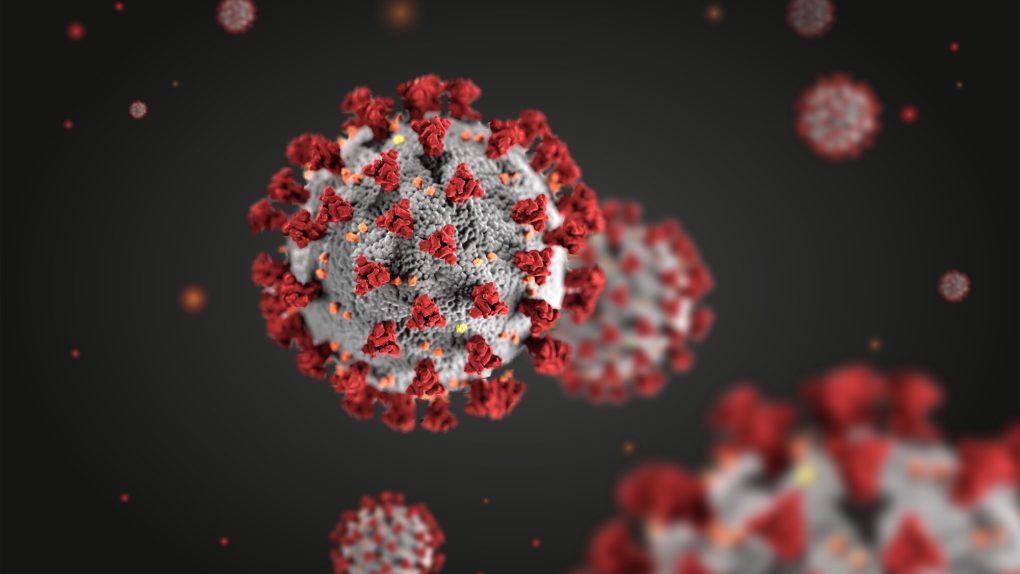- The latest coronavirus update for the US for Wednesday shows that the US has now surpassed more than 359,000 deaths from COVID-19 since the start of the pandemic.
- Doctors believe that it’s possible for someone to contract the COVID-19 virus a second time, but not likely.
- Even if someone does contract the coronavirus again, it’s believed that the COVID-19 vaccine would help ensure the infection only leads to a mild case of the virus, if that.
Wednesday’s coronavirus update from the various sources that track the unfolding misery associated with the COVID-19 pandemic underscored the inexorable rise in coronavirus cases, hospitalizations, and deaths we continue to see unfolding around the US. The latest data from Johns Hopkins University, for example, reveals that more than 21 million coronavirus cases have now been identified in the US, along with more than 359,000 deaths. The pandemic is at such a critical stage right now that a number of state governors have resorted to mobilizing National Guard units to help speed up what’s been up to this point a glacially slow pace of the coronavirus vaccine rollout.
As if we didn’t have enough to worry about when it comes to the COVID-19 virus, meanwhile, new research is out that probes the question of how possible it is for a person to contract the virus twice. Answer? Read on for the full details.
Parade.com polled several doctors, and the consensus seems to be that yes, it’s possible to contract COVID again after beating it the first time. But no, it’s not terribly likely. Also, the likelihood seems to be that you’d get hit with a milder form of the virus — especially if you’ve given yourself the protective umbrella that comes from the coronavirus vaccine.
“There haven’t been large, well-controlled studies done on this, but it appears to be very rare and uncommon,” said Dr. Alan Taege, a Cleveland Clinic doctor.
People who have managed to pick up a second infection, he continued, “may have encountered a slightly different virus, but the good news is that the second time they acquired it, they had a milder form, which says the immune system can still recognize it. This is what we expect or hope out of a vaccine, that the immune system will recognize it well enough so it doesn’t cause serious disease.”
This is something we’ve noted in a previous post — that the vaccines that have been developed in record time to fight the coronavirus won’t necessarily prevent infection. Vaccinated people might still catch the virus even after the immunity is formed, but they will not develop the more severe versions of the illness. The vaccine will prevent the virus from harming the lungs, but people might still be able to infect others. Scientists don’t yet have definitive proof that vaccinated people are incapable of spreading the virus.
Be aware, however: The CDC has said that people can still test positive up to three months post-infection. But regardless of whatever result a PCR test returns, after you’ve been isolated for at least 10 days and no longer have any COVID symptoms, health experts don’t consider you contagious to anyone else at that point.








